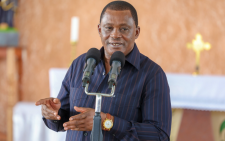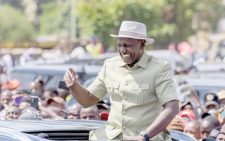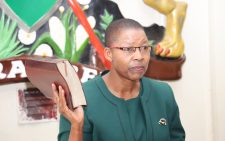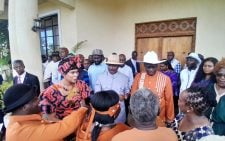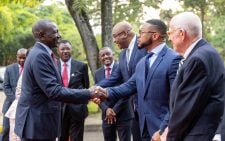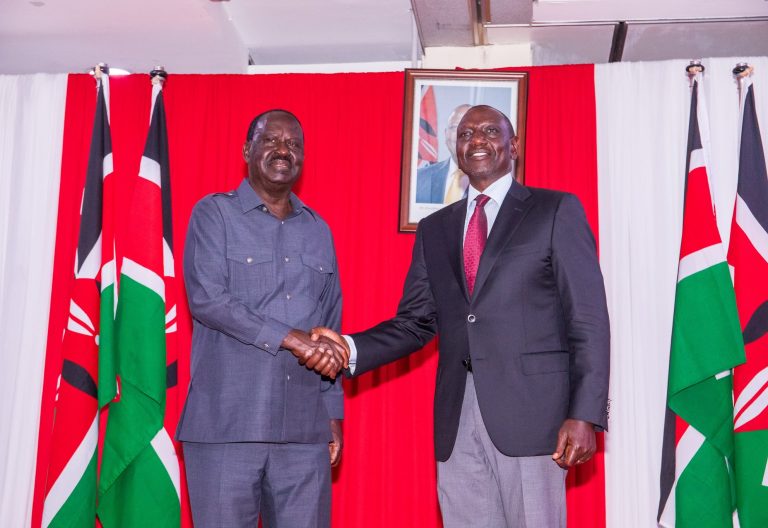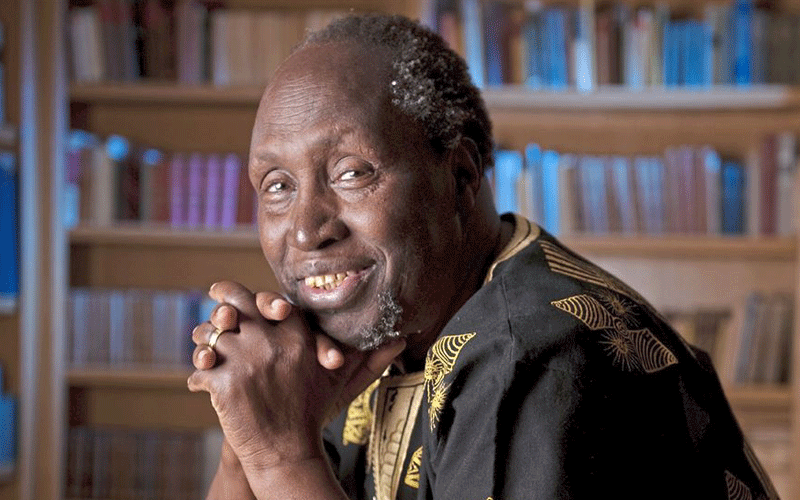22 years later, blast victims still crying for compensation
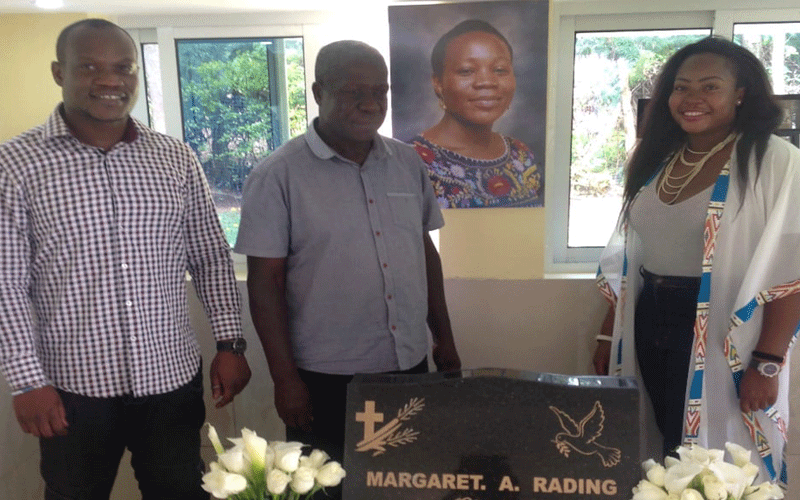
Victims and survivors of the 1998 US embassy bomb blast are still waiting for justice and compensation, 22 years after the first terror attack on Kenyan soil.
Duke Rading, who lost his wife, Margaret in the blast that left 224 people dead and 5,000 others injured says they feel shortchanged by the Kenya and US government, who have kept a studious silence since the blast that changed their lives forever.
“We just hear stories that victims and survivors of the blast are going to be paid. We have never received any compensation.
When people call you saying that you are lucky that you now have some compensation you feel offended,” Rading says.
The only money they got was Sh200,000 to cater for the burial expenses while a petition they had logged with the government seeking compensation was not successful.
“There was a time some American lawyers took our details to file a case in the US courts. We don’t know what happened to the case,” he says.
In May this year, the US supreme Court sided with families and victims of the blasts in Kenya and Tanzania, clearing the way for their lawsuit against Sudan government over its alleged support of al-Qaeda and complicity in the attacks.
The victims were seeking US$ 4.3 billion in punitive damages. In June, Sudan Foreign Minister Asmaa Abdallah told Al Jazeera that they had sent a delegation to Washington to negotiate with the victims’ lawyers and officials of the US department of State about the compensation.
However, as the nation marks the 22nd anniversary of the blast today, the victims and survivors say they do not hope to benefit from this settlement as it will largely benefit employees or contractors at the US embassy.
To them, the events of August 7, 1998 might be blurry and distant footnote in Kenya’s history, but the memories of their loved ones and the horrific manner in which they lost their lives is still fresh in their minds.
Rading’s wife was working as an administration officer at the Egyptian Embassy when the blast happened, marking the end of a young marriage and leaving him with two children who were seven and nine years at the time.
“My children are now grown up. The last 22 years have not been easy for us. My wife and I were complementing each other.
We were servicing a mortgage and our children were in a good school. Since then life has changed.
It has not been easy playing the role of a mother and a father,” he says. After 22 years, Rading says he has had to accept what happened and count his blessings with the hope that one day they will get compensation for the loss of their loved ones.
“I know families who were worse off than I was so I have learnt to keep going.
We stopped pegging our hope on compensation and moved on, but we will never forget the injustice meted against us,” he says.
Same aftermath
Anisa Mwilu, who lost her husband in the blast teamed up with 50 widows and filed a case at the High Court last year to seek compensation.
“We haven’t given up hope for compensation because it is not fair for the government to forget us just like that.
This was the first terror attack on Kenyan soil and therefore if the government intends to set aside a fund to cater for victims of such events, then we should be the first to benefit,” she says. Mwilu says the memories of the incident are still etched in her mind.
“When I saw the Beirut explosion on Television this week, it reminded me of that day. I know the events were different but the aftermath was the same,” she says.
Her husband, Abdalla Musyoka Mwilu was working at the Cooperative Bank, which was adjacent to the US embassy.
“It was the first day he was reporting back to work after he suffered a stroke and he was still not able to walk well.
I had just dropped him to the office and I was driving back home when I heard the blast. I turned back and went to his office.
On reaching there it was so chaotic and everyone was running around confused. I just wanted to get into his office which was on the first floor and get him out.
I couldn’t because the building was on fire and police were turning people away,” she narrates.
It took her five days to finally trace her husband’s body at City Mortuary after searching for him in all hospitals and mortuaries in the city.
“It was the most painful day of my life. I asked myself so many questions. I was 30 years and I was looking forward to spending the rest of our lives together. We had three children to care of and I was utterly devastated,” she says.
Mwilu says they did not get any compensation, save for the fact the US government paid school fees for her children for three months and then stopped.
For Juma Kwayera, a veteran journalist, a trip to buy a television set for his children aged five and two, turned out to be an experience he will never forget.
“I was supposed to alight at Fig Tree stage. The driver of the Matatu just refused to stop there and brought me all the way to town.
I alighted at the Development House and decided to walk into the Teachers Service Commission to sort out an issue first.
The first blast went off when I was standing at the traffic lights. I thought it was a robbery attempt because there were so many banks around there.
When the second blast went off, I knew it was something more serious and I ran and hid under a matatu that was parked nearby,” he says.
When he emerged, part of his face had been ripped off by glass and debris.
“It was a horrific scene and everyone was running around in a daze. I noticed that flesh was dangling from my face and people were looking at me and running away. I had to compose myself and get help.
I remembered that I had a doctor who was a friend working at a hospital nearby. I started running towards there.
Coincidentally, I met my wife who was working at the exam council near there and she was also running for her life. The level of hysteria I saw in her eyes scared me.
She identified me and walked me to the hospital. The doctors there were so afraid I was going to lose my eyesight so they struggled for six hours to save my face.
There were so many people coming in so I left the hospital at midnight,” he says.
Juma, who was working at a local media house, says nothing prepared him for his children’s reaction.
“My children were five and two years of age. They were looking forward to me coming home with a TV.
They were surprised to see me with bandages on my face. I remember my son vowing to kill the fool who dared do this to his father,” he says.
The son is Dennis Juma, a famous rugby player. Juma later underwent reconstructive surgery to restore his face.
“I am grateful that I survived the incident because I later learnt that at least 14 people, who were in a KBS bus near where I was standing, died.
It would have been worse so accepted what happened and moved on,” he says.
Kwayera, however, feels sad that the only money he got as compensation from the US government was Sh30,000.


